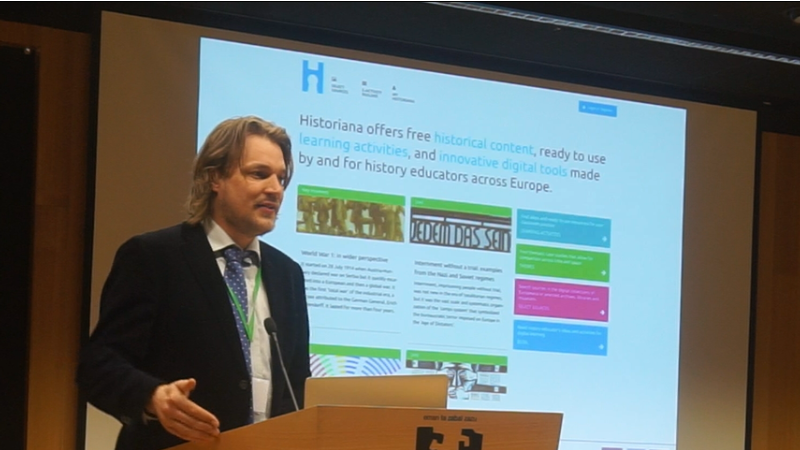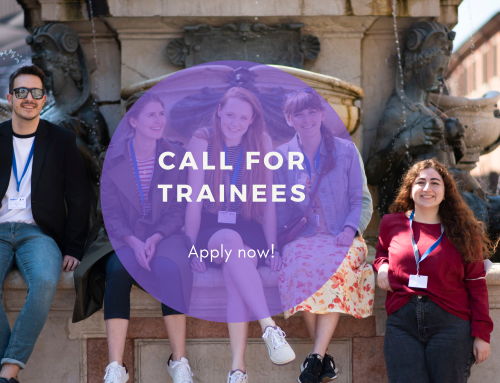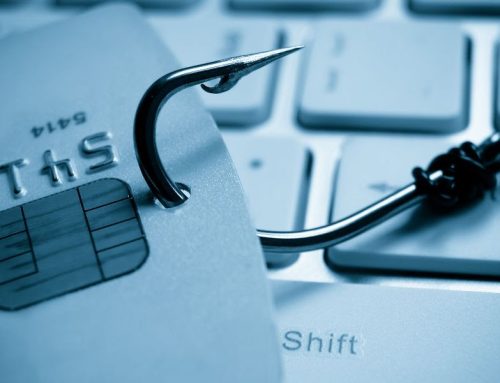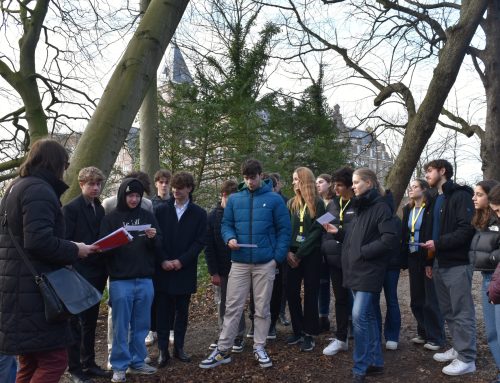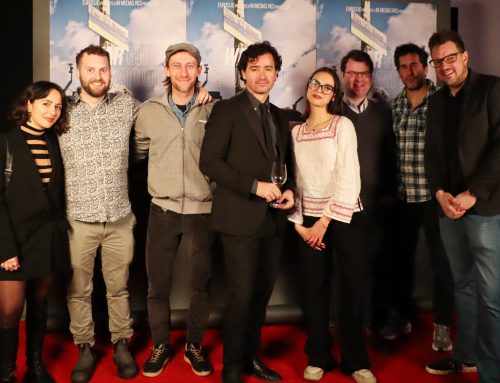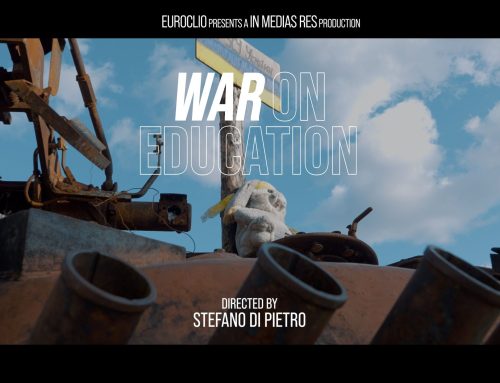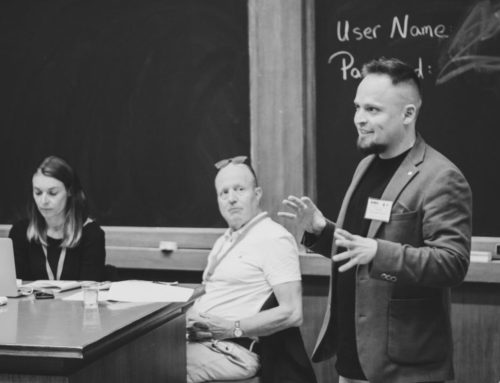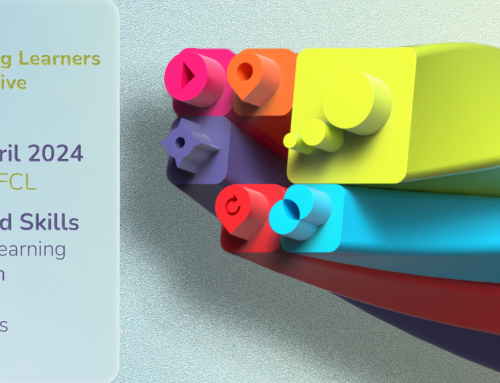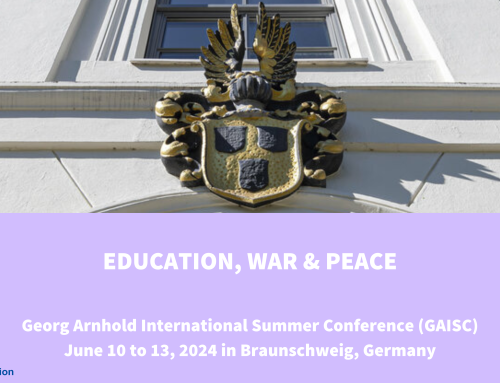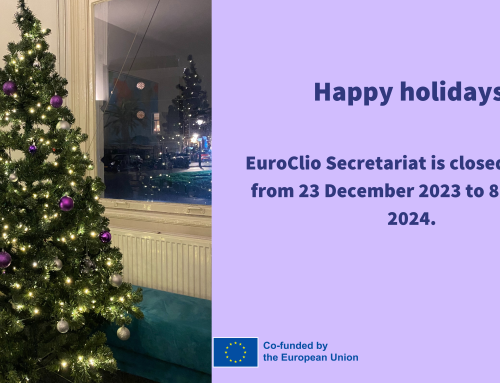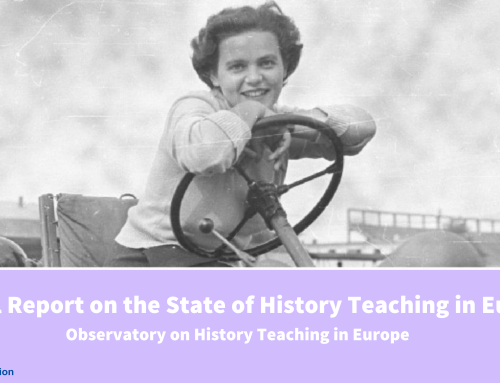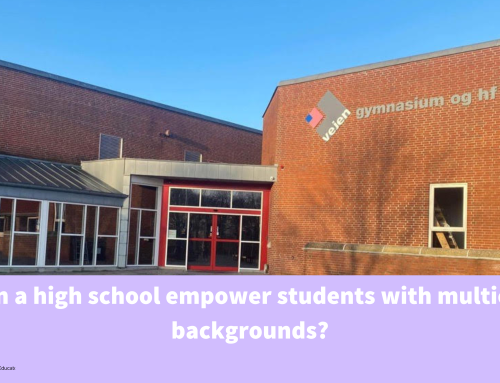During the board meeting in Gdansk this April, the EuroClio Board signed a Management Agreement with Steven Stegers, appointing him as Executive Director, with a mandate until 2021. What does this mean for our organization? I talked to Steven about his proudest moment at EuroClio, and how he aims to make our organization future-proof, as was asked by the Board in the vacancy.
Having been involved with EuroClio since 2006, Steven has witnessed our organization change over the years. ‘The scope of EuroClios work has changed significantly over the years’ he explains: ‘When I started to work at EuroClio, we worked mostly on a national and regional level. There were less projects, but the projects that we did have were big and lasted multiple years. They focused on network and capacity building where history educators worked on joint publications. Now, most projects are European projects, with less educators from one country, but more countries overall.’ Also the language of the publications changed: ‘Now most educational resource are made in English, whereas most of the earlier publications were made in local languages’. ‘Of course, ideally you want both’.
Of the dozens of projects and countries he was involved with, I ask Steven which one he is most proud of. ‘That is a really hard choice,’ he initially counters my question. But when forced to choose, he mentions the Crossroads of Cultures publication as one of the highlights of his career. It was the first project he was involved with from start to finish (for 4 years). He worked with more than a hundred people from over twenty countries on this publication, which shows that it is possible to overcome differences, also in countries who have a shared difficult past.
For the future, Steven wants to make EuroClio a global community of history education professionals, where they can find inspiration and support, and share ideas, research and practices. ‘Meeting the needs and wishes of those educators who are actually teaching history needs to be the main focus of EuroClios work.’ As a first step EuroClio started to organize webinars. Fees from individual members will be used to offer more and more value for the professional community of history educators.
To decide how to best meet your needs, we are interested in the issues and topics our members want to have addressed. Please share your views, ideas and suggestions for future projects and educational resources or strategies, and let us know via secretariat@euroclio.eu!
Jilt Jorritsma

